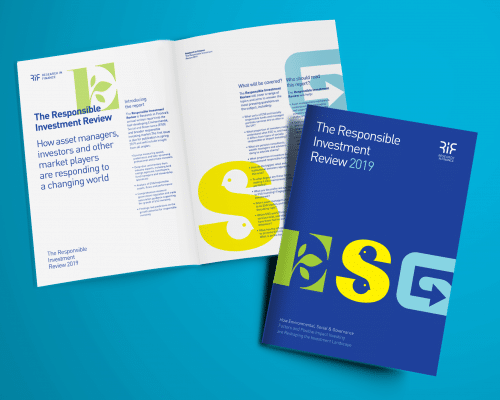13/03/2020
It’s been a tough start to this decade. Fears of the threat posed by the new coronavirus have been amplified to a deafening level by media outlets; our nerves are pummelled every time a mobile phone screen flashes to report some new concerning stat on the virus’ spread or latest death toll, the latest celeb or politician to test positive.
Governments, stock markets and people have reacted in a big way.
Yet there is a silver lining in the situation, if you look at the impact of COVID-19 on fossil fuel emissions. As countries apply travel bans, airlines cancel flights, cruise ships suspend services (see here for the harm caused by cruise ships) and factories are shuttered, there is a considerable environmental benefit in terms of carbon dioxide and nitrogen dioxide emissions. Air pollution is linked to myriad respiratory problems and cancer. Its substantial reduction in China in recent months may well be bolstering the lung capacity of millions of children in urban areas. While we apply an acute focus to the illness and death resulting from novel coronavirus, we continue to not look closely enough at the harm done to the health of people, animals and planet by pollution and climate change (not to mention the numbers not catching the ‘usual’ seasonal colds and flu because of improved hand hygiene!). Did the Australian bush burn in vain?
And while I don’t want to be glib about the fall in tourism – it is a sector that predominates in many economies and employ millions of people – it does speak to what action is possible in times of crisis. People won’t travel at any perceived health (social) cost, and governments won’t let them. If environmental cost could be shown to have more of a personal impact, could it hold similar sway?
There is also what the global response to COVID-19 says about our collective potential to combat climate change. The drastic action taken to contain the disease and delay its spread shows what can be done if governments and companies truly perceive climate change as a threat that deserves urgent attention.
Yet in the short term, COVID-19 has meant the relegation of climate change on the global agenda, a fact lamented by Prince Charles at a meeting hosted by WaterAid on Tuesday. Indeed, the Spring Budget was at best a mixed bag for climate campaigners, promising £27bn of investment in roads and maintaining the fuel duty freeze alongside a commitment to tree planting, abolishing red diesel tax relief (with significant exemptions), cash for carbon-capture technology and introducing a new tax on packaging made of less than 30% of recycled plastic. The use of single-use plastics and disinfectant wipes has surely ballooned as people try to limit the spread of the virus. Economic resources are being directed at containing and delaying the outbreak and treatment – resources that could have been otherwise destined for green investment. And it’s very possible that once we have a handle on the outbreak, the public and private sectors of the major global powers will be desperate to reinvigorate their respective economies, irrespective of the environmental cost.
This is not the time for climate action to be side-lined. Environmental and health issues are inextricably related. I mentioned the health implications of pollution earlier; climate change also negatively impacts access to clean water, which is crucial for prevention of diseases like cholera and typhoid (significantly more potent killers than COVID-19), as well as threatening food supplies. As the fight against the spread of the new coronavirus continues, a renewed focus on the many interwoven UN Sustainable Development Goals (SDGs) – not just UNSDG 3, good health and wellbeing – should be a top priority as well.

The Responsible Investment Review is Research in Finance’s written report into the fast-developing Environmental, Social and Governance (ESG) and broader responsible investing market.
The first edition was published in spring 2019 and includes insight from all angles:
Surveys measuring appeal, preferences and take-up among professional and private investors
Deep-dive commentary from industry experts, including fund ratings agencies, fund buyers, fund managers and stewardship specialists
Analysis of ESG/responsible assets, flows and performance
Comprehensive review of government regulation and trade association guidance supporting the growth of ESG investing
Findings-led predictions on the growth potential for responsible investing